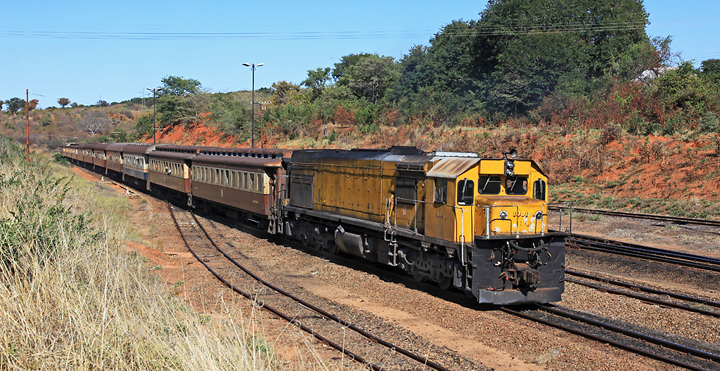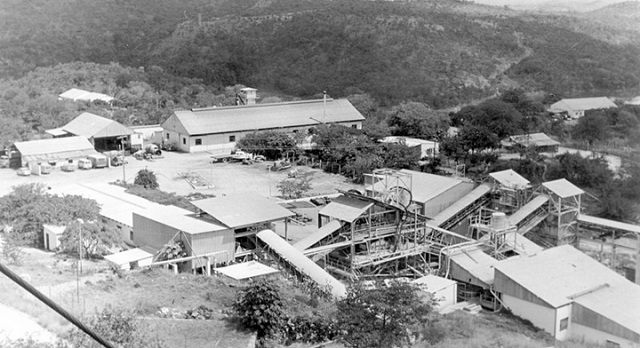NRZ management pleads with striking workers

Oliver Kazunga / Whinsley Masara, Business Reporters
THE National Railways of Zimbabwe (NRZ) management has pleaded with its striking workers to return to work saying the industrial action will further cripple the operations of the troubled parastatal.
The workers downed tools last Tuesday to press the ailing parastatal to pay them their outstanding salaries.
Acting general manager Engineer Lewis Mukwada said the firm has managed to give the disgruntled workers some money to cushion them from hardships.
“We’ve managed to progressively pay some of our employees within the grades A and B, part of their monthly salaries. About 4,000 employees had by Friday received an interim payment, ranging between $60 to $350 so that they cover some basic responsibilities,” he told Business Chronicle.
“The board has come up with two options, that they be given time to gather something for the employees while they’re working or that they receive it in bits but be available at work.”
Mukwada said the NRZ appeared before the Labour Court on Monday to discuss the issue.
“I can confirm employees are still on strike, which we deem illegal and we’ve taken them to court. Currently we await the court to do its reconciliation ruling, which will give us a way forward,” he said.
“We’ve since engaged our ministry, which is working tirelessly to solve the matter. We’re also expecting a lot of money from the Grain Marketing Board which owes us quite a lot and this will go a long way in paying up what we owe employees. In the coming period we actually expect to get something from the transportation of grain.”
Mukwada said the NRZ depends on what it receives after deliveries and that can only be possible if employees are at work.
“We’re urging our employees to come back to work so that we earn something. If they don’t work we lose too. We understand they’re making certain demands on what they’re owed but unfortunately the company can’t afford to do better than what we’re currently doing,” he said.
Zimbabwe Amalgamated Workers Railway Workers’ Union president Kamurai Moyo said they wanted the Labour Court to help resolve their grievances.
“We appeared before the Labour Office to make submissions regarding the on-going industrial action by NRZ workers. The Labour Office is now taking our submissions to the Minister of Transport and Infrastructural Development (Joram Gumbo) and we await his response,” he said.
Moyo could not be drawn into revealing their submissions citing professional reasons.
He said all the money which was paid to workers was immediately taken by banks as almost 90 percent of them have been surviving on loans.
Meanwhile, employees’ wives in Harare have joined their husbands at Lochinvar where they claim they have come to support their spouses in the continuing strike.
Over 4,000 NRZ workers across the country are reported to have downed tools bringing operations to a halt, including the transportation of imported wheat and drought relief maize.
The ailing parastatal, which is saddled with a $144 million debt with the workers owed about $68 million, continues to experience declining freight levels, which have negatively impacted on income.
Last year, the volume of goods NRZ moved tumbled to 2,8 million tonnes from 3,5 million in 2014 on the back of increased challenges besetting the parastatal.
The railway company is facing challenges such as ageing infrastructure and equipment which has surpassed its designed span, vandalism, huge debt and lack of cheap lines of credit for retooling.
In addition, falling commodity prices on the global market affected the company’s key customers, notably those in the coal and chrome industries, resulting in a sharp drop in the business enjoyed by the parastatal.
Some of the commodities moved by NRZ include, but are not limited to maize (imports from Zambia to the southern parts of the country), sugar (exports through Maputo), wheat (imported mainly through Beira and Maputo), coal (mainly to power stations), chrome ore (to smelters in Kwekwe), granite stone (export through Beira), fuel and cement.










Comments